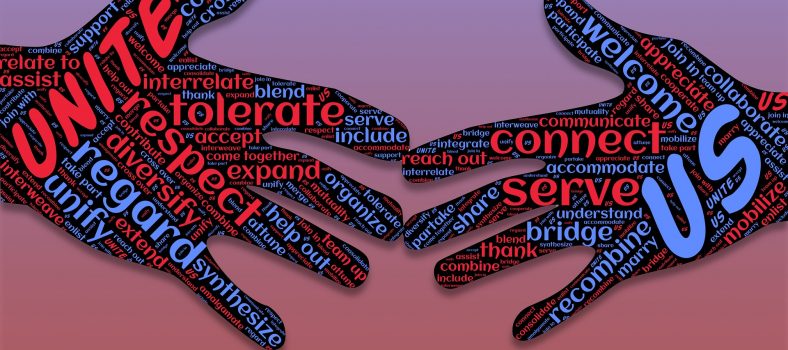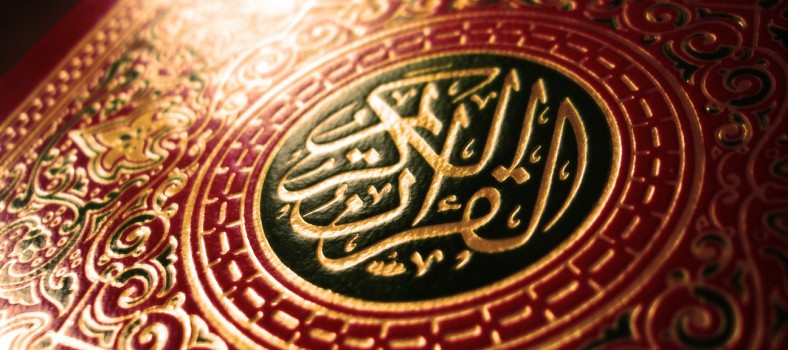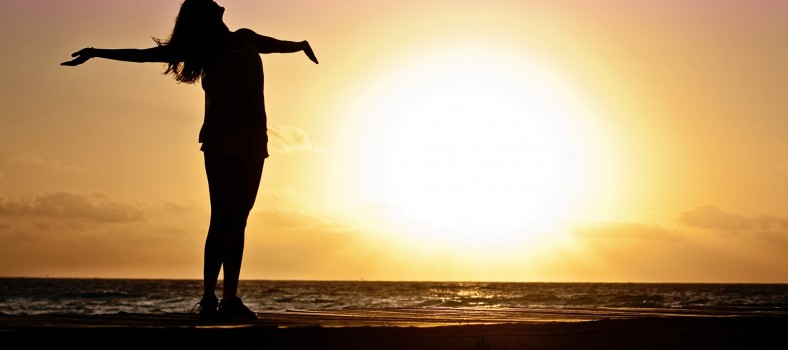When I Went Public With My Atheism – A Pakistani Atheists Story
“This article originally appeared on the Larrikin Post. Give them a visit for more intelligent, free-thinking opinion.”
Danial (a pseudonym) went public with his atheism after studying for a few years in Australia. But it wasn’t until he got home to Pakistan that he started to realize the repercussions of his decision.
By Danial Haider
“As religious as a Pakistani,” should be formally inducted as an idiom in the English language. I undoubtedly was one. But some children’s intellectual activities transcend outer influences, and I was undoubtedly one of them, too. A skerrick of doubt creeping into your faith has a domino effect, and the whole stack tumbles down without warning. I spent some time on the fence, researching and contemplating, but eventually thanked God I that was finally an atheist!
Fortunately for me, I had moved far from my home in Pakistan to Australia to study. Upon declaring my atheism there, I evoked nothing but a “good on you mate, let’s grab a beer”. Over a cup of tea with my friends, I was always told that every other person here is secular, if not an atheist, and faith was such a personal topic it was rarely discussed. And so even though I had become an “uber-atheist” (as one my friends once called me), in the various social interactions I had, there were no problems at all pertaining to my faith or the lack of it.
And yet, anticipating my return to Pakistan after the completion of my degree, I was often warned by concerned friends over drinks (as the tea had now changed to scotch), to keep my mouth shut about my transformation when I got back. I would dismiss this concern, but still I decided to keep my new found atheism to myself. After all, rant all one may, it is a personal matter. But the reality in Pakistan was quite different from what I had imagined.
Take for instance, the dinner table; everyone bows and shakes their head in unison when a diner thanks God and solemnly declares how Gracious is He who gave us this wonderful food, even though as sinful as we are, we surely deserve to starve to death. If one head out of the many does not move, and one face remains remorseless, then eyebrows go up and eyes widen; especially if that head has been out of the sanctity of the country of Allah for a while and the face has caught a whiff of the infidel.
Or, take the instance when, during Azaan (call to prayer) you do not turn off the music. Or when you do not swear on Allah’s name. Or you mistakenly eat in public during Ramadan when all the faithful are fasting for Him. Or you reject the idea that women are man’s property and you are allowed to beat them – the problem with this one is that it is unequivocally mentioned in the Qur’an, and the Qur’an is sacrosanct. You just cannot contest something explicitly mentioned in the Qur’an, because in order to reject it, you would inevitably have to declare that you don’t believe in God. That is apostasy. Which is, well, death, in other words.
I had a discussion with a friend, who is an esteemed author and a self-proclaimed Jewish agnostic. We were discussing the virtues of agnosticism compared to atheism, and she declared that classifying oneself as either theist or atheist is rather childish and simplistic. Rather, we should be committed to our doubt, by not falling on either side. But in my country, you do not have the luxury to sit on the fence: everything you do, how you live your life, the whole of the societal discourse, draws from religion. For you to reject their way of life is simply unacceptable. No part of your personal life is your own, not even your bedroom. Deviate slightly, and be persecuted.
One might ask, where does the society get the moral authority to assert their way of life on you from? The Qur’an, the unquestionable word of Allah. Challenging even the smallest idea inevitably leads to the contention about the existence of God. And when I say assert their way of life, I do not allude to a mere moral harangue, but to Kalashnikovs, TNTs, scimitars and slit throats.
Another aspect about Pakistan which sets it apart from other countries where religious persecutions thrive, such as Iran, is that in Pakistan individuals are a bigger persecutor than the State. The State is largely absent and/or incompetent. There is a large chance that you’ll be executed by Iran’s Revolutionary Guard for being an atheist, but not by Pakistan’s Inter-Services-Intelligence or the Police, because they have bigger to problems at hand such as fighting terrorists, battling India, maximizing their own political clout and extorting money in their spare time. But 27 bullets can be lodged in your body by your own bodyguard, if as the Governor of Punjab you propose amendments to the blasphemy law, while staunchly asserting that you love the Prophet just as everyone else in the country. Your killer is showered with petals and is regarded as a hero.
A lot of people in Australia, including two of my professors, told me they were at loss to explain Pakistan’s obsession with religion and the accompanying religious terrorism. Well, a crude statistical analysis can make a significant connection: more than 98% are practicing Muslims, with more than 80% of those being Sunni. Within that 2% minority, only 1.6% are Christians. The rest are Hindus, Sikhs, Baha’is and Ahmadis. The minorities are impoverished, mistreated and face extinction. Now, while my stance might seem anti-Pakistan, it must be understood that a country with very high income inequality, severe social stratification, economic downturn, ravaging floods and earthquakes, presence in the strategic hot-zone of the region, and the rather belligerent mentality of the people of the Indian subcontinent, does put Pakistan’s difficult position into perspective. All of this is accentuated by belief in a religion that, in the opinion of many, is in a phase similar to what Christianity went through in the dark ages. When societies have less, they will tend to cling to faith more.
In such a religious society, avoiding discussions about God and the Qu’ran is difficult, but I have to do it, as a price for keeping my heart thumping.
This is serious. And what worries me more is that, in my experience, many people back in Australia, upon being presented with this dilemma of mine, regarded it as “no big deal”, as if Kohsar Market is no different a place than the Kirribilli Markets. It is a big deal. A very, very big deal.
As for informing my family of my decision, well, it is very difficult to let the person you love, condemn himself to a volley of bullets in this world, and an eternal hellfire in the next. But your family almost always does not abandon you. There is an implicit pact between family members that each will clean up any mess made by the other. Most honour it, some don’t.
Even though I came from a fairly influential family, I always thought it was a tad pointless to advocate freedom of expression in a place like Pakistan, where the majority had empty stomachs. Just as Lenin once said: “No amount of political freedom will satisfy the hungry masses”. But now that I have been excommunicated by some of my mildly religious acquaintances, warned of awaiting eternal hellfire by the more devout, and outrightly threatened by Allah’s self-anointed contractors, I can now fully appreciate the value of being able to think for myself and express my opinions.
People living in liberal societies such as Australia should be thankful for the freedoms they enjoy and empathetic to people living in those societies where simple liberties are restricted; rather where a pursuit of such liberties is life-threatening. And such liberal societies should not take lightly to protecting their freedom.




